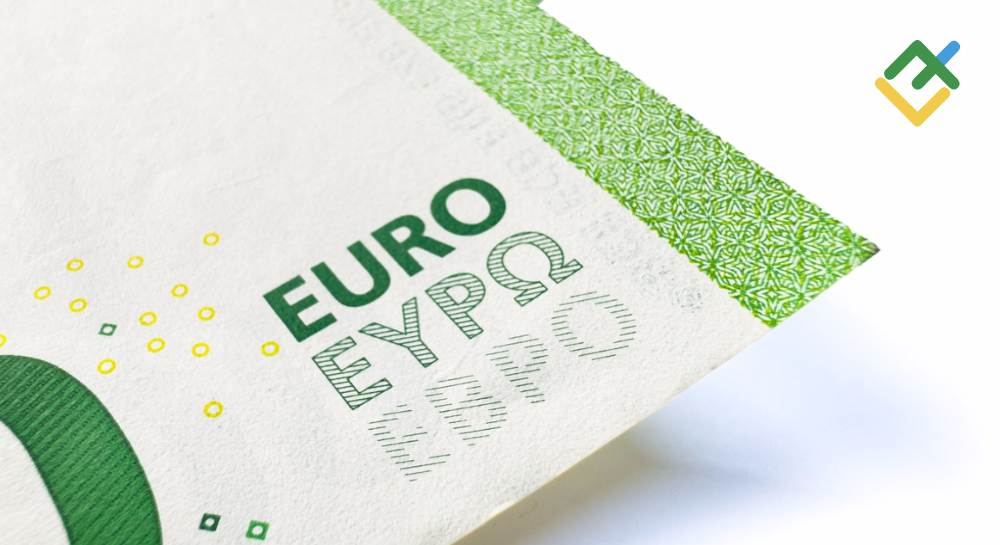The US consumer protection watchdog in the financial
sector has tightened its oversight on nonbank firms offering digital payment
services. Consumer Financial Protection Bureau (CFPB) has finalized a rule targeting nonbank firms such as Apple, PayPal, and Zelle, which
collectively process billions of transactions each year, CNBC reported.
This move comes as the government agency seeks to
ensure these tech giants adhere to the same standards as traditional financial
institutions, including banks and credit unions.
Over 13 billion transactions are reportedly processed
annually through these platforms, with services like Apple Pay, Venmo, and
PayPal quickly becoming essential for everything from sending money to paying
for everyday purchases.
Tightening Regulations
The new rule will subject these companies, which
handle at least 50 million transactions a year, to more stringent oversight.
Previously, the CFPB’s authority over these companies was limited, primarily
overseeing electronic fund transfers.
However, the CFPB has now gained the ability to
conduct examinations similar to how it monitors banks. This means that the
Bureau can now demand company records, interview employees, and ensure
compliance with regulations aimed at protecting consumers’ privacy, preventing
fraud, and stopping illegal account closures.
The rule also addresses a growing concern about the
financial inclusion of underserved groups. Many of the most popular apps have
gained particularly strong adoption among low- and middle-income users, who
often rely on them for everything from storing cash to making payments.
The CFPB’s move aims to safeguard these consumers and
ensure that their financial interactions are protected. While the rule was
first proposed to target companies processing at least 5 million transactions
annually, the threshold was raised to 50 million in the final version.
Targeting Tech Giants
This change limits the expanded oversight to seven key
players, including giants like Apple, Google, PayPal, and fintech companies
like Block (formerly Square).
Retail-specific apps, such as Starbucks, which only
process payments for a single company, remain outside the scope of the new
rule. Notably, this is one of the few instances where the banking industry has
voiced support for CFPB’s increased scrutiny of digital payments.
Banks have long argued that companies like Apple and
PayPal should face similar regulatory oversight to maintain a level playing
field. The rule will take effect 30 days after it is published in the
Federal Register.
The US consumer protection watchdog in the financial
sector has tightened its oversight on nonbank firms offering digital payment
services. Consumer Financial Protection Bureau (CFPB) has finalized a rule targeting nonbank firms such as Apple, PayPal, and Zelle, which
collectively process billions of transactions each year, CNBC reported.
This move comes as the government agency seeks to
ensure these tech giants adhere to the same standards as traditional financial
institutions, including banks and credit unions.
Over 13 billion transactions are reportedly processed
annually through these platforms, with services like Apple Pay, Venmo, and
PayPal quickly becoming essential for everything from sending money to paying
for everyday purchases.
Tightening Regulations
The new rule will subject these companies, which
handle at least 50 million transactions a year, to more stringent oversight.
Previously, the CFPB’s authority over these companies was limited, primarily
overseeing electronic fund transfers.
However, the CFPB has now gained the ability to
conduct examinations similar to how it monitors banks. This means that the
Bureau can now demand company records, interview employees, and ensure
compliance with regulations aimed at protecting consumers’ privacy, preventing
fraud, and stopping illegal account closures.
The rule also addresses a growing concern about the
financial inclusion of underserved groups. Many of the most popular apps have
gained particularly strong adoption among low- and middle-income users, who
often rely on them for everything from storing cash to making payments.
The CFPB’s move aims to safeguard these consumers and
ensure that their financial interactions are protected. While the rule was
first proposed to target companies processing at least 5 million transactions
annually, the threshold was raised to 50 million in the final version.
Targeting Tech Giants
This change limits the expanded oversight to seven key
players, including giants like Apple, Google, PayPal, and fintech companies
like Block (formerly Square).
Retail-specific apps, such as Starbucks, which only
process payments for a single company, remain outside the scope of the new
rule. Notably, this is one of the few instances where the banking industry has
voiced support for CFPB’s increased scrutiny of digital payments.
Banks have long argued that companies like Apple and
PayPal should face similar regulatory oversight to maintain a level playing
field. The rule will take effect 30 days after it is published in the
Federal Register.
This post is originally published on FINANCEMAGNATES.



